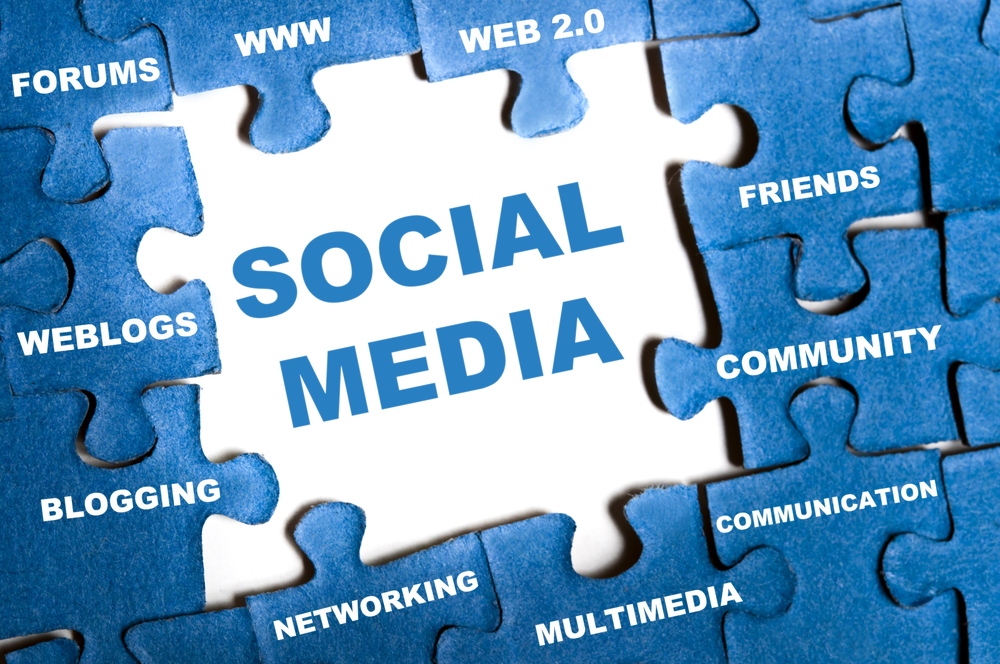Social media and political communication in India,Social Media in Indian Politics,how Social media playing an important role in Indian democracy,Mobile social media in politics,how social media marketing works,how social media affects politics
- Details
- Category: National Political News
- Last Updated: Thursday, 22 January 2015 20:53
How Social media plays an important role in Indian democracy and affects politics:

Social media are playing an important new role in Indian democracy. A social media campaign by the Electoral Commission drew record levels of voter registration and turnout in elections held in four Indian states, including the capital, New Delhi, in November and December.
Of 790 million eligible Indian voters, about 160 million are first-time voters between the ages of 18 and 24 years old.
Political parties are also embracing social media to reach voters, including cellphone messaging.
Social media are credited with helping the new Common Man party and its candidate, Arvind Kejriwal, win a surprise victory in Delhi against the Congress and Bharatiya Janata parties.
But social media can also be subject to significant abuse. Some politicians have been accused of boosting their apparent popularity on social media with legions of followers who don’t exist and of using social media to smear their opponents.
Worse, social media have been used to fan violence against religious and ethnic groups; the dissemination of a fraudulent video may have helped spark deadly clashes between Hindus and Muslims in the city of Muzaffarnagar in September.
Meanwhile, the Indian government has used the 2008 Information Technology (Amendment) Act to increase monitoring and censorship of social media.
In 2012, two women were arrested after posting a comment on Facebook that angered politicians in Mumbai. Journalists have had their Twitter accounts disabled, and cartoonists whose works poke fun at officials have had their social media accounts closed.
Last year, the government rolled out a Central Monitoring System with vast powers to monitor citizens’ communications. Human Rights Watch called the new system “chilling” in its scope.
According to Freedom House, India had the steepest decline in Internet freedom of any country in the year ending in April 2013.
The Electoral Commission of India has asked social media providers to monitor their sites for fraud in the run-up to the general elections in April this year.
That would be helpful. But Indian voters must also demand that their government bring transparency and accountability to electronic surveillance.


